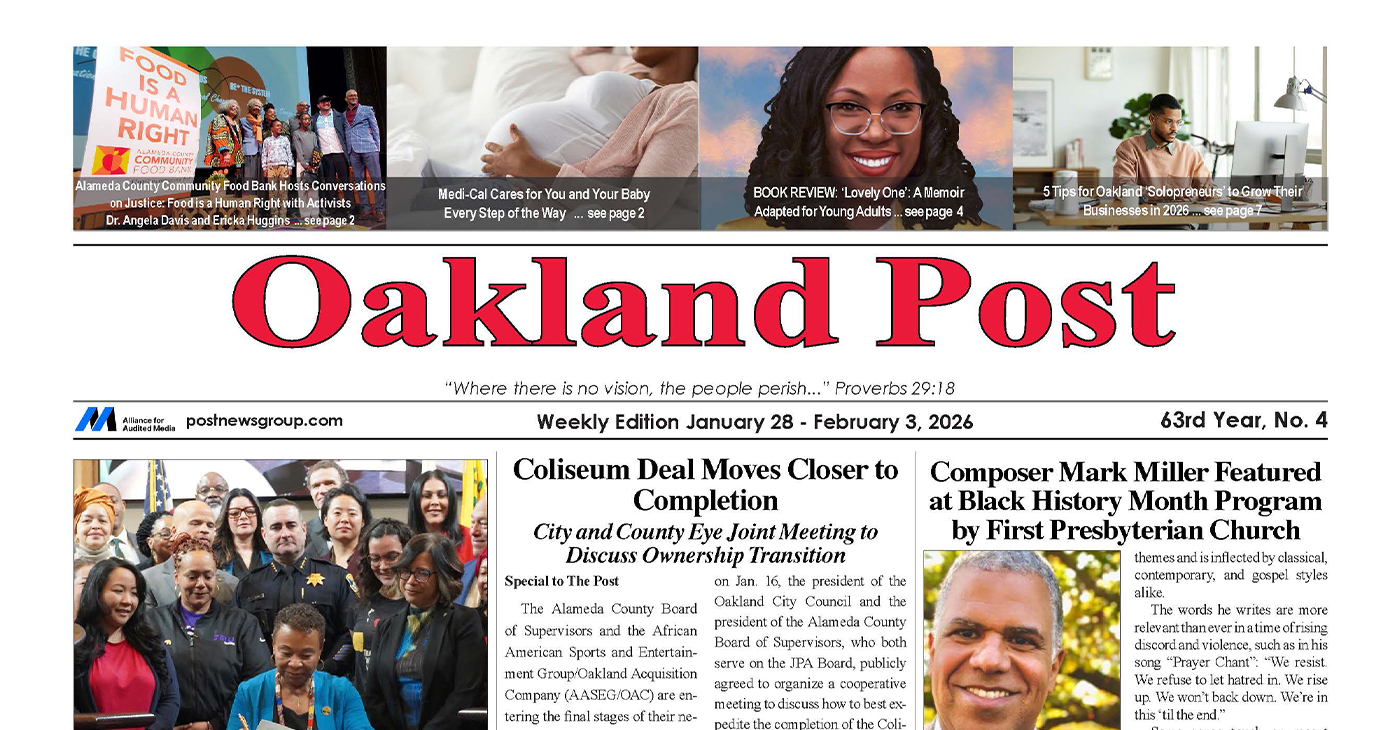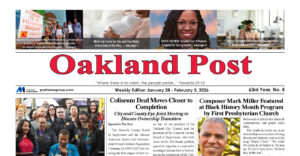Activism
COMMENTARY: Harvard’s Numbers Show Drop in Black, Latinx Admissions
Harvard’s admissions notices went out last week, the numbers reveal not so much a problem with Asians, but a problem with Blacks and Latinx applicants. The latest numbers for the incoming Class of 2026 show Asian Americans grew once again to 27.8%, up from 27.2%. African Americans saw a decrease. The new admits were 15.5% of the class, down from 18%. Latinx were at 12.6%, down from 13.3%. Native Americans were at 2.9%, more than twice the previous year’s 1.2%. Native Hawaiians increased from 0.8% from 0.6%.
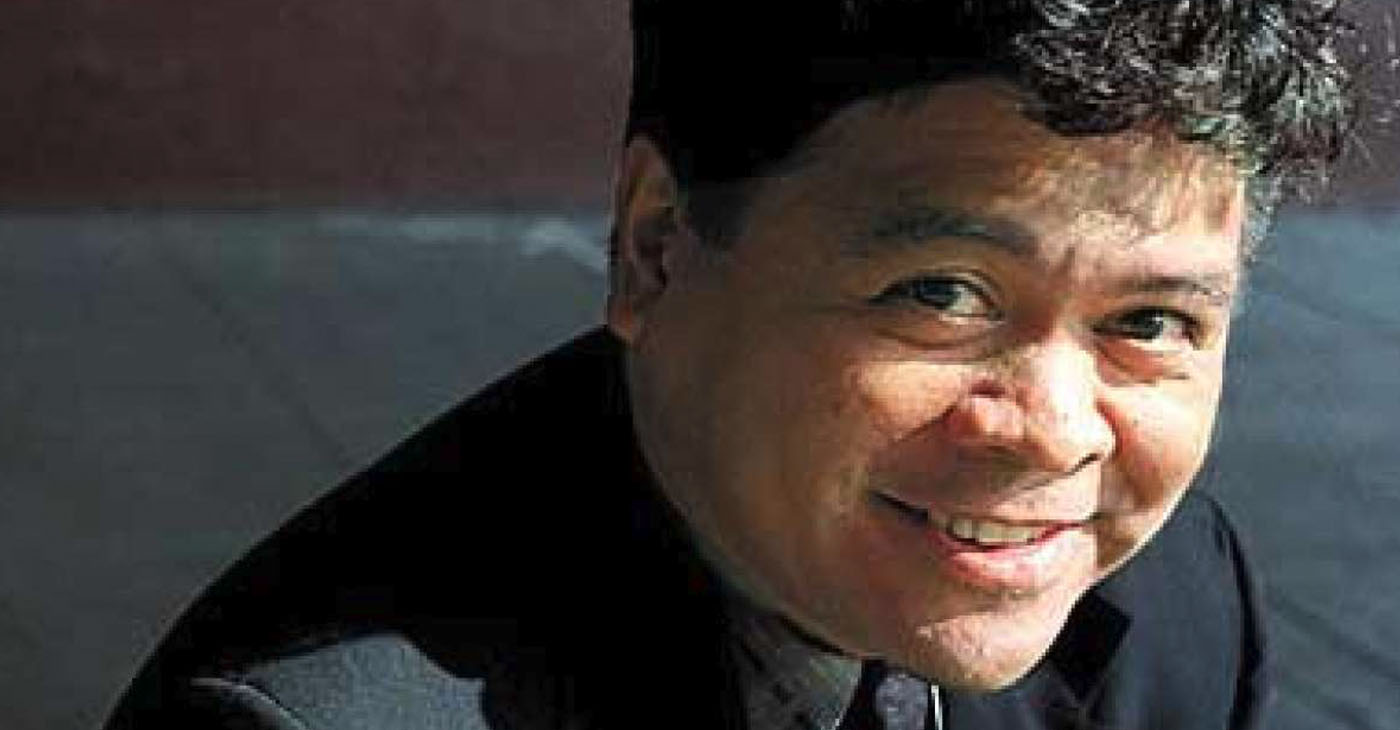
Activism
Medi-Cal Cares for You and Your Baby Every Step of the Way
Across California, including Alameda and San Francisco counties, Medi-Cal is working to address those concerns by expanding and coordinating maternal health services so pregnant and postpartum people receive care that is respectful, comprehensive, and easier to navigate. From the first prenatal visit through a child’s first birthday, Medi-Cal provides coverage and support designed to protect both parent and baby.
Activism
Life Expectancy in Marin City, a Black Community, Is 15-17 Years Less than the Rest of Marin County
“Marin City residents have been fighting for years just to stay here. Residents live with the fear of being forced out, public housing torn down and rebuilt for the wealthy. Due to ongoing issues continually being ignored, residents feel they must be empowered to make their own decisions for the future survival and protection of their community,” said Terrie Green, a lifelong resident and executive director of Marin City Climate Resilience (MCCR).
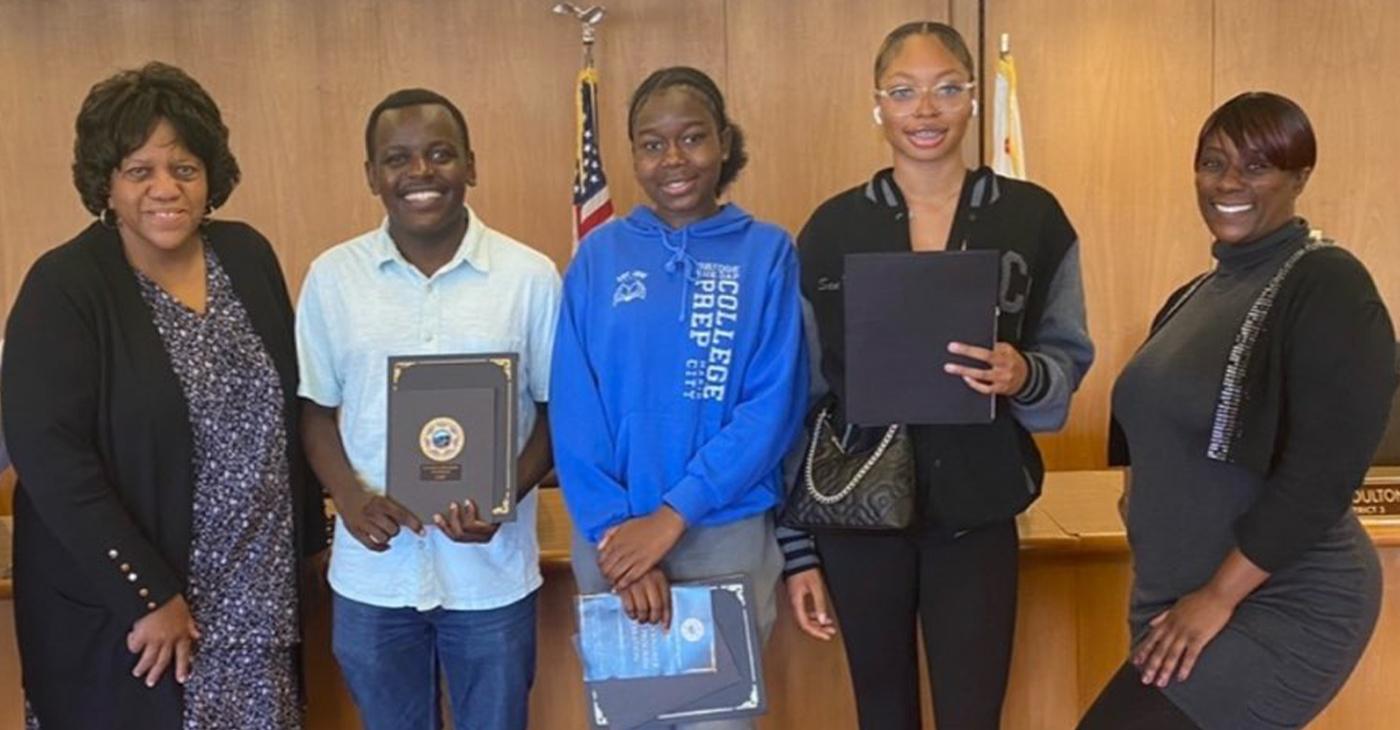
Activism
Oakland Post: Week of January 28, 2025 – February 3, 2026
The printed Weekly Edition of the Oakland Post: Week of January 28, 2025 – February 3, 2026
-
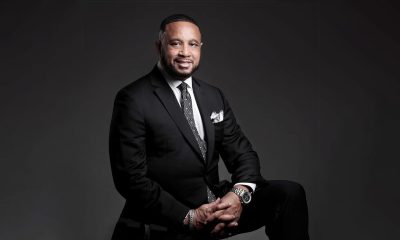
 Activism4 weeks ago
Activism4 weeks agoOP-ED: AB 1349 Puts Corporate Power Over Community
-
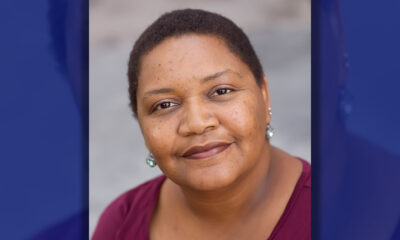
 Activism4 weeks ago
Activism4 weeks agoWhy Peace on Earth Begins with Birth, a Q&A with Midwife Nikki Helms
-

 Activism4 weeks ago
Activism4 weeks agoProtecting California’s Black Moms and Babies: Policies and Programs Struggle to Fix Deep-Rooted Maternal Health Inequities
-

 #NNPA BlackPress3 weeks ago
#NNPA BlackPress3 weeks agoJefferson County (AL) Democrats Open Qualifying for 2026 Primary Elections
-

 #NNPA BlackPress3 weeks ago
#NNPA BlackPress3 weeks agoCOMMENTARY: With Gratitude and Praise for 2026
-

 #NNPA BlackPress3 weeks ago
#NNPA BlackPress3 weeks agoFrom Civil Rights to ICE Raids, Trump’s Unchecked Power Puts Every Community at Risk
-

 #NNPA BlackPress3 weeks ago
#NNPA BlackPress3 weeks agoFrom Civil Rights to ICE Raids, Trump’s Unchecked Power Puts Every Community at Risk
-

 #NNPA BlackPress2 weeks ago
#NNPA BlackPress2 weeks agoOP-ED: The Dream Cannot be Realized Without Financial Freedom
















